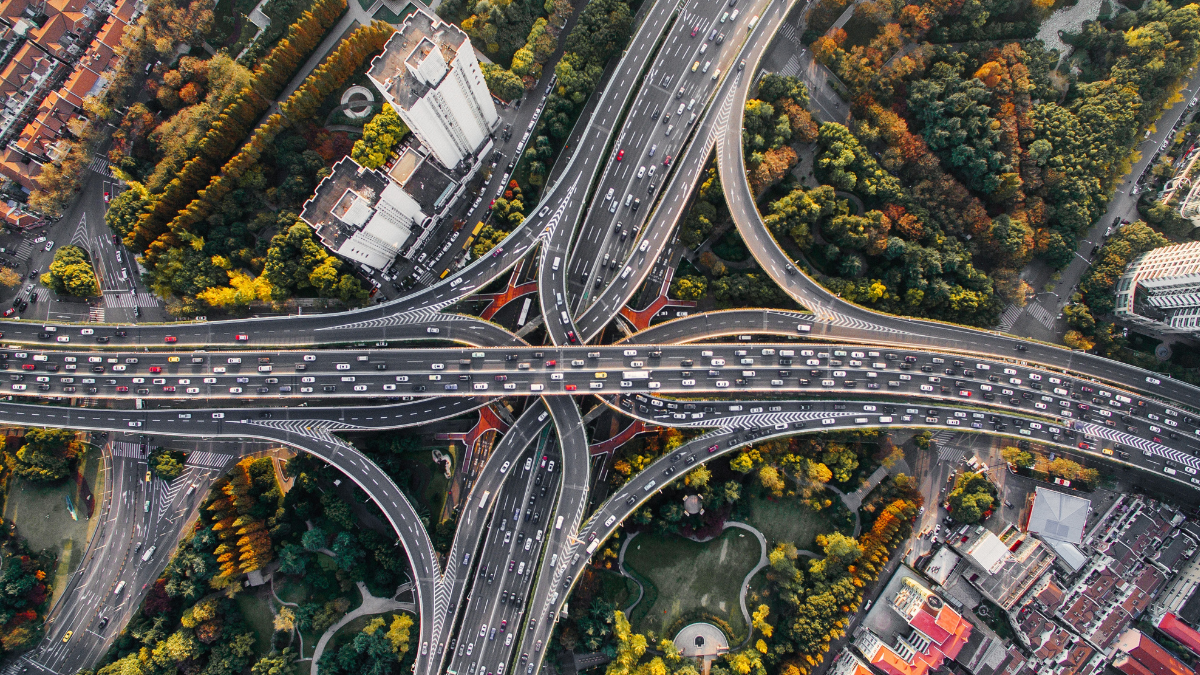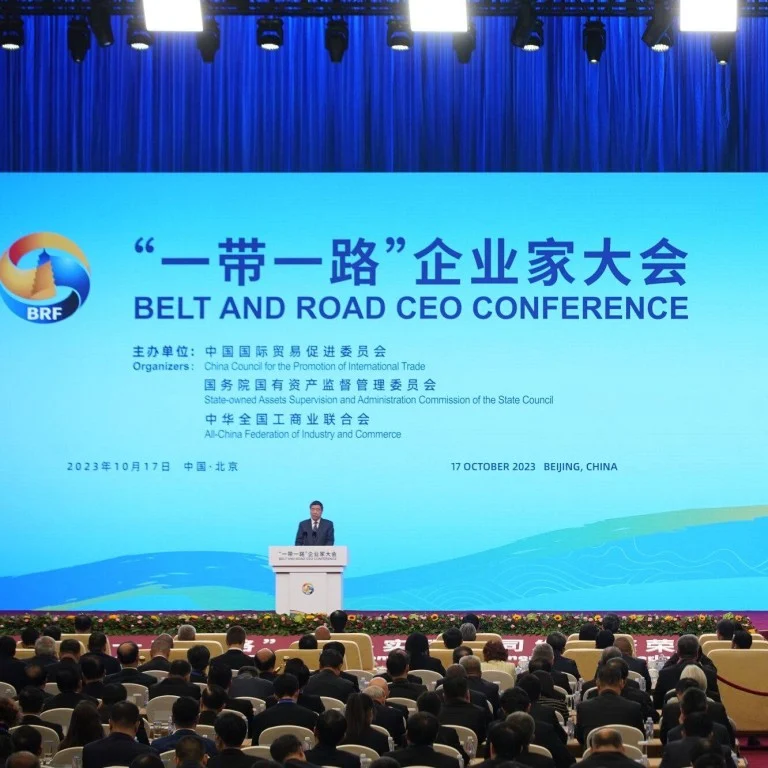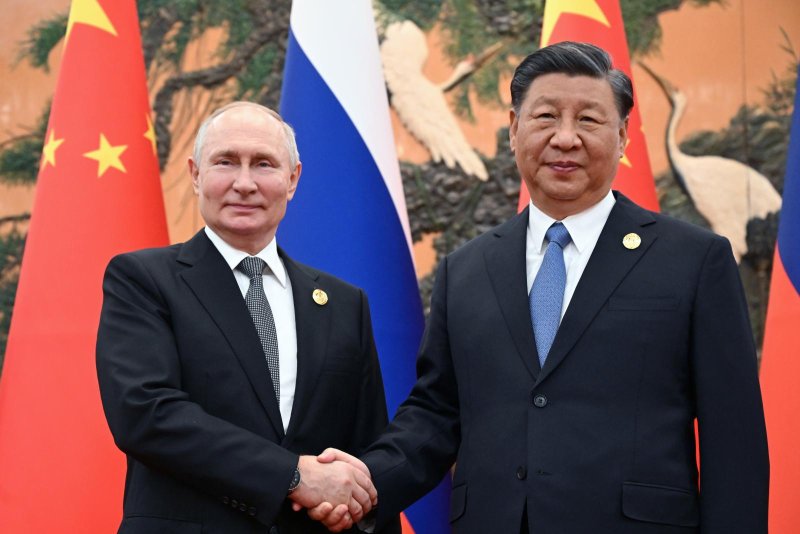With dozens of infrastructure projects across the world, China’s historic Belt and Road Initiative (BRI) has generated a whopping $2 trillion in contracts while inviting international criticism.
Five key projects include- High speed railway linking China and Laos, Economic corridor with Pakistan, Djibouti Naval Base, major stake in Greece’s ailing Port of Piraeus, and projects in Italy.
This year’s event commemorates the tenth anniversary of the Belt and Road Initiative and is being attended by representatives from thirty international organisations and 140 countries.
They include businesses and politicians from the developing globe as well as Vladimir Putin, the president of Russia, who will address following Xi.
Revealing future Infrastructure Development Strategy-
Chinese President Xi Jinping’s speech at the Belt and Road Forum for International Cooperation’s opening ceremony on Wednesday is very important as he provided many new insights into the direction of the global infrastructure project.
In total, Xi’s plan consisted of eight points – many of them closely tied with Beijing’s goals of attaining “high-quality” growth and infrastructure development over the long run.
The points are:
1.It aims to establish a corridor throughout Asia and Europe.
2. With more investment treaties and free trade agreements, a “silk road e-commerce zone” will be created.
3. Chinese development banks offer pledged financing of US$47.8 billion.
4. An emphasis on environmentally friendly development.
5. Promises to advance artificial intelligence and science.
6. Increased interpersonal and cultural interactions, such as a tourism alliance.
7. Increased “clean cooperation” to boost openness.
8. The establishment of institutions along the Belt and Road, including a secretariat
Importance of BRI-
According to Xi, China is going to further expand the Belt and Road Initiative and further integrate the Chinese market with the global market.
Xi said that Chinese direct investment in China as well as investment from China into other countries demonstrates hope and confidence. He asserts that “things can only be done and done well through win-win cooperation.”
The international leaders gathered for the Belt and Road Initiative, according to Xi, have found “the greatest common denominator of human development” in one another. He stated that prior experiences have taught us that nations must “depend on each other.”
As his address drew to an end, Xi stated that China intended to further develop the Belt and Road initiative, accept more high-level development specially in terms of building infrastructure, support the modernization of more nations, increase openness and interconnection, and work with others to jointly create a community with a shared future for all people.
Putin’s Address and views on BRI-
Russian President Vladimir Putin gave a live speech to an audience, marking one of his few overseas appearances since the conflict in Ukraine. Putin extended an invitation to other nations to take part in the Northern Sea Route development during the opening ceremony speech.
The notion of the Belt and Road “folds logically within multilateral efforts” to boost global collaboration, according to Russian President Vladimir Putin, while speaking to 1,000 representatives from over 130 countries.
Putin mentioned that Moscow is collaborating with international partners to construct railway lines and other infrastructure projects that will connect Central Siberia to China, Mongolia, and other ports on the Indian and Pacific oceans.
He declared that Russia being the largest country in the world, and therefore, the relationships shared among partners are impacted by the connectivity of all the partners.
In line with Russian aspirations to create an integration circuit facilitating freedom of trade, investment, and labour, Putin continued, to say that, “One Belt, One Road” initiative makes sense.





